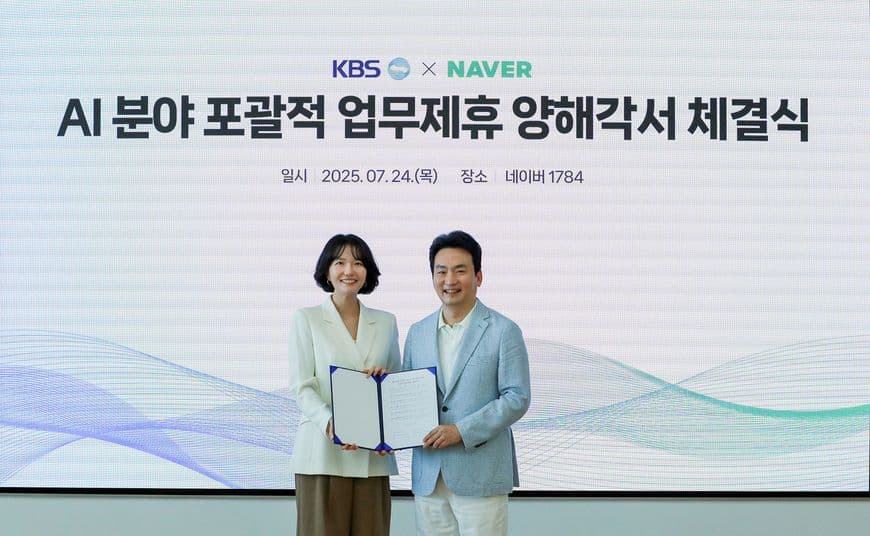Korea's President Lee Strengthens Global Ties with Germany and Uzbekistan

A New Chapter in Korean Diplomacy
Have you noticed how Korea's new administration is reshaping its international relationships? On July 24, 2025, President Lee Jae-myung made headlines by conducting back-to-back phone conversations with two key international leaders: German Chancellor Friedrich Merz and Uzbekistan President Shavkat Mirziyoyev. These weren't just ceremonial calls—they marked the beginning of what experts are calling a reinvigorated era of practical diplomacy focused squarely on national interests and economic cooperation.
The timing couldn't be more significant. Both Germany and Korea launched their new governments around the same period, creating a unique opportunity for fresh bilateral cooperation. Chancellor Merz, who leads Europe's largest economy, expressed enthusiasm about strengthening ties with Korea, calling it an important partner in the Indo-Pacific region. Meanwhile, President Mirziyoyev emphasized his special affection for Korea, signaling Uzbekistan's eagerness to deepen what both nations describe as a special strategic partnership.
What makes these conversations particularly interesting is the context: global economic uncertainty, shifting trade dynamics, and increasing competition for critical resources. Korea's approach under President Lee emphasizes practical outcomes over ideological posturing—a strategy that's already generating buzz among foreign policy observers worldwide.
Germany: 140 Years of Friendship Gets a Fresh Start

Did you know that Korea and Germany have maintained diplomatic relations for nearly 140 years? During the phone call, President Lee highlighted this long history, noting how the two nations have developed cooperation across politics, economics, society, and culture since establishing formal ties. But this wasn't just a nostalgic look backward—it was about charting a course forward.
Chancellor Merz responded warmly, emphasizing that Korea and Germany share fundamental values: democracy, human rights, and free trade. He expressed pleasure that both countries have maintained close cooperative relationships over the years based on these principles. The German leader specifically mentioned Korea's importance as a partner in the Indo-Pacific region, reflecting Berlin's growing strategic interest in Asia amid global power shifts.
What's particularly notable is both leaders' acknowledgment that despite worldwide economic turbulence, Korea-Germany economic cooperation has remained resilient. They agreed to continue exploring practical collaboration across various sectors. Industry watchers point to potential synergies in areas like artificial intelligence, robotics, smart factories, and even defense technology. In fact, just weeks before this call, the Korea Business Day 2025 forum in Frankfurt saw Korean and German business leaders discussing cooperation in advanced industries including drones and missile systems—a sign of how multifaceted this relationship has become.
Uzbekistan: Building Bridges Through Infrastructure and Resources
While Germany represents an established partnership, Uzbekistan offers exciting new possibilities. President Lee told President Mirziyoyev that he hopes to elevate the special strategic partnership between the two countries to an even higher level. The Uzbek leader's response revealed genuine warmth: he mentioned having special affection for Korea and expressed hope to further develop bilateral relations with the new Korean government.
Why is Uzbekistan so important to Korea? The answer lies in three words: infrastructure, energy, and minerals. Uzbekistan possesses abundant mineral resources and the largest population in Central Asia, giving it tremendous growth potential. Korea, meanwhile, brings superior technological capabilities to the table. It's a perfect match. The two countries have already been cooperating closely in transportation and infrastructure projects, and President Lee proposed expanding this collaboration to include railways, airports, roads, and critical mineral supply chains.
Korean netizens on platforms like Naver and Daum have shown considerable interest in this relationship. Comments reflect appreciation for the practical benefits—jobs for Korean construction and engineering firms, access to critical minerals needed for Korea's high-tech industries, and new export markets. Some users noted that approximately 170,000 ethnic Koreans live in Uzbekistan, the largest such community in a single country, serving as a natural bridge between the two nations. President Lee specifically asked President Mirziyoyev for special attention and support for Korean companies operating in Uzbekistan, addressing business concerns directly.
What Does Practical Diplomacy Really Mean?
You might be wondering: what exactly is this practical diplomacy that President Lee keeps emphasizing? Unlike approaches that prioritize ideology or alliance politics, practical diplomacy focuses on tangible national interests and concrete outcomes. It's about results, not rhetoric. Korean blog discussions and online communities have been debating this approach, with many expressing cautious optimism that it could help Korea navigate increasingly complex international waters.
The response from both German and Uzbek leaders suggests this approach resonates internationally. In an era of great power competition and economic fragmentation, countries appreciate partners who focus on mutual benefits rather than forcing them to choose sides. For Germany, facing economic challenges and seeking to diversify its partnerships beyond traditional allies, Korea offers technological prowess and market opportunities. For Uzbekistan, Korea represents development expertise and investment without political strings attached.
According to foreign policy experts cited in Korean media, this diplomacy style has historical precedents. The Lee Myung-bak administration also emphasized pragmatism, though critics noted it sometimes sacrificed long-term strategic considerations for short-term gains. The key question for the Lee Jae-myung administration will be whether it can balance practical outcomes with maintaining Korea's core values and security interests, particularly regarding North Korea and regional stability.
Discover More

Naver Teams Up with KBS: Why This AI Partnership Could Change Korean Broadcasting Forever
South Korea's top tech company Naver and national broadcaster KBS have joined forces to revolutionize broadcasting with AI technology. This groundbreaking collaboration aims to strengthen AI sovereignty while creating innovative content using HyperCLOVA X technology.

South Korea's New President Strengthens Ties with Uzbekistan: What This Means for Asia
President Lee Jae-myung held his first phone call with Uzbekistan's President Mirziyoyev, pledging to elevate the Special Strategic Partnership between the two nations through enhanced cooperation in infrastructure, energy, and trade.